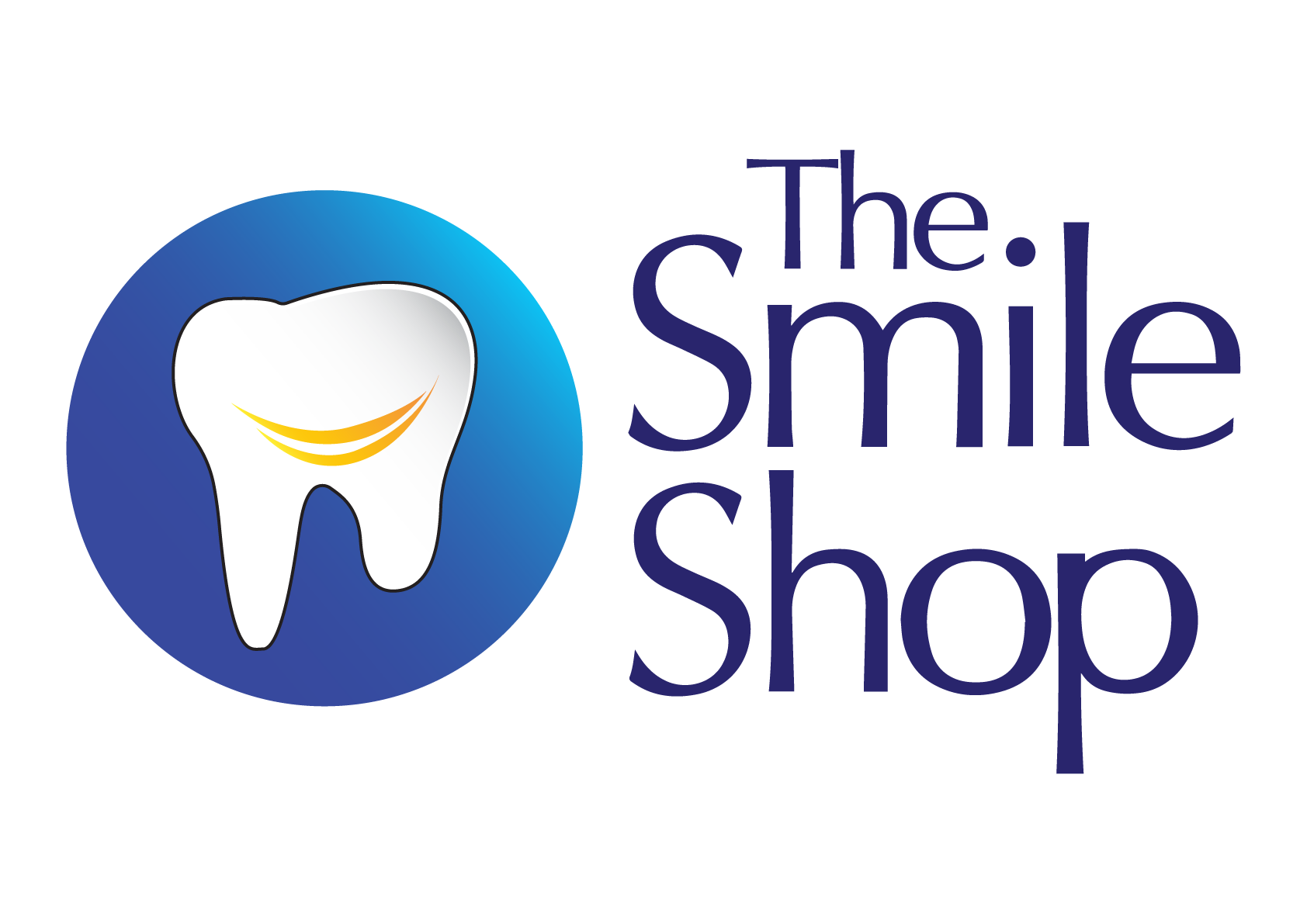Tooth decay/ cavities or dental caries are one of the five most common diseases of childhood.
When left untreated, they can cause pain and infections which can affect eating, speaking, playing, or even learning.
Research has shown that children with poor oral health are likely to lose school hours, miss more school work and receive lower grades than children who don’t. This is aside from the lack of concentration due to pain or time off school required for dental clinic visits.
In spite of the high prevalence of dental caries in children, the good news is that they are preventable.
Fluoride has been proven to help prevent dental caries.
Children living in communities with fluoridated tap water are shown to have fewer cases of tooth decay than children whose water is not fluoridated. Same goes for children who brush daily with fluoride toothpastes.
WHAT PARENTS/ GUARDIANS CAN DO
• For Babies
Use a soft, damp clean cloth to wipe the gums at least twice a day- morning and night (in the morning after the first feeding and right before bed). This will help to reduce bacteria accumulation and wipe away the by-products of sugars that can cause tooth decay.
As soon as the 1st tooth grows out, introduce toothbrushing for the teeth as more of them grow out. Brush the teeth twice daily with a soft‑bristled toothbrush (we recommend age-specific toothbrushes) and age-specific baby toothpaste.
Part of your goals for your baby’s 1st birthday celebration should be to have his/ her 1st dental visit.
• For Children
Tooth brushing should be done twice a day with a fluoride-containing toothpaste.
Toothbrushing should be supervised until the child has developed strong motor skills( such as being able to tie his/ her shoelaces unaided).
Children should be helped to brush their teeth until they have good brushing skills.
Use a pea-sized amount of tooth paste and an age specific toothbrush. Encourage your child to always spit out and not to swallow the toothpaste.
• During pregnancy
Just like the bones, a child’s teeth begin to form and develop while in the womb.
Pregnant moms need to be mindful of medications or foods that they eat during pregnancy. Minerals such as calcium are very important for development of healthy teeth of the baby in the womb.
Certain medications have been implicated in negatively affecting the developing teeth resulting in discoloration, or brittleness. A common example is tetracycline. High fevers or illnesses of the pregnant woman can also affect the developing teeth of the baby.
If you are pregnant:
1.Always inform your doctor or caregiver, especially when medications are to be given/prescribed for you.
2.Eat healthy foods. Supplements may be helpful , but it’s always good to consult your doctor first.
3.Have a dental checkup done early in your pregnancy to reduce the risk of gum disease or other dental issues that might arise later.
What Are the Risk Factors for Cavities?
Your child’s chance of having tooth decay can be higher if:
• Family members (older brothers, sisters, or parents) have a history of tooth decay too.
• If they consume a lot of sugary foods and drinks, especially between meals.
If they are not maintaining good oral hygiene- brushing twice daily.
• They wear braces or other oral accessories/appliances.
If any of these apply to your child, please discuss with your dentist or pediatrician to ensure you are taking extra steps to protect your child’s teeth and oral health.
Click HERE to speak with a dentist.
